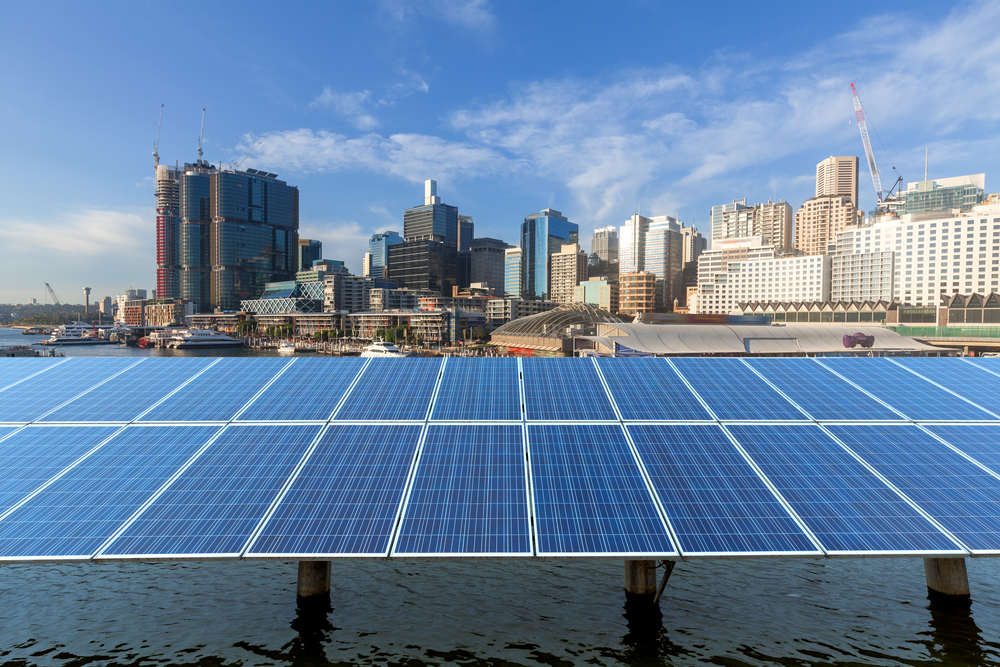Australian property investors favour energy-efficient homes
The residential real estate sector is seeing a change in investment drivers as property leans into net-zero buildings and the market for gas is shrinking

According to Domain, property investors are pondering over the efficacy of new green energy infrastructure and whether it is a new, worthy opportunity.
Traditionally, the opening of new mines or old ones and the finding of new reserves of gas drive investment into homes and businesses nearby in hopes to bring in big workforces. What about the announcement of new green energy infrastructure?
Christine Williams, Smarter Property Investing principal, said, “That doesn’t tend to do much at all for an area.”
“If you think about South Gippsland in Victoria, the owners of the land on which the wind farms are placed receive substantial leasing fees, but the townships nearby don’t receive much,” she added. “They might grow a little because of the maintenance people needed to look after the equipment, but once the renewable plants are up, they don’t require much labour at all. It’s like the Sydney Harbour Bridge; it needed a huge labour force to build it, and then you only have maintenance people looking after it.”
Hence, those with confidence in a green future are moving towards investing in individual energy-efficient buildings instead.
Davina Rooney, Green Building Council of Australia CEO, says investment in such buildings is now becoming a marked trend.
More: Victoria’s stamp duty changes to have a ripple effect on Australian market
Rooney said, “We are seeing a huge difference in investment drivers as property leans into net-zero buildings, which means that there is a lot smaller market for gas as these are highly efficient buildings powered by renewables.”
Similarly, many investors in the residential market favour more energy-efficient houses, seeing that tenants experience clear benefits such as lower power bills, better-designed and comfortable homes, and higher environmental responsibility.
“The financial benefits are more tangible now,” said Michael Di Russo, director and joint head of property at the Clean Energy Finance Corporation. “Investors understand that and, if customer demand is there, then they will follow.”
Recommended
Why everyone is moving to Selangor and Johor: Malaysia’s real estate comeback
Malaysia’s upturn in fortunes is especially prevalent in secondary destinations such as Selangor and Johor
Penang’s silicon boom: How the US-China tech war is supercharging local real estate
Penang’s booming semiconductor industry has created ripples within the local real estate sector
New leader, new opportunities: How Hun Manet is shaking up Cambodia’s real estate game
Hun Manet is overseeing decent economic growth and widening access to the country’s real estate market for foreigners
Singapore embraces inclusive housing reforms amid resilient demand
The Lion City’s regulatory strength continues to exert appeal for international investors








